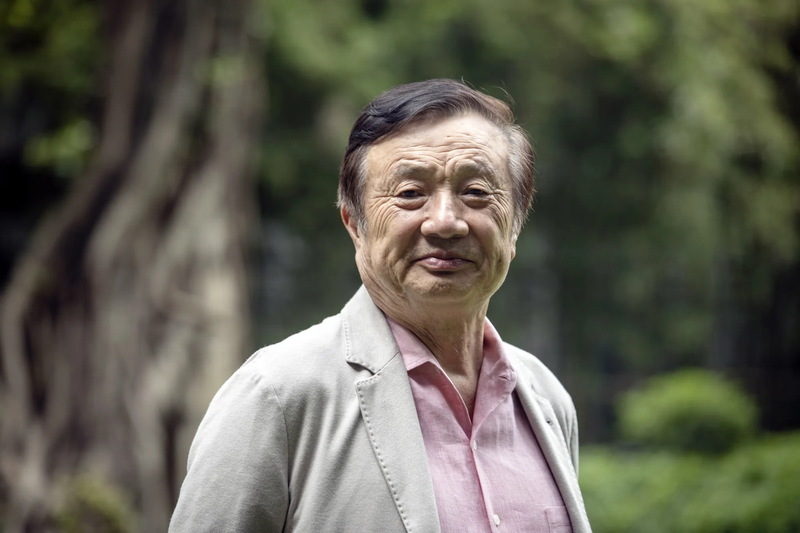
Huawei Founder Downplays Chip Restrictions, Reveals China's Tech Workarounds Amid Ongoing U.S. Trade Talks
As high-level trade talks between the U.S. and China continue, Huawei founder Ren Zhengfei has resurfaced to downplay the impact of U.S. export controls on China’s semiconductor sector, raising red flags for American policymakers and tech industry leaders.
In a front-page interview with the Chinese Communist Party’s People’s Daily, Ren declared that China can sidestep American restrictions by using alternative chip-making techniques such as “chip packaging” and “stacking.” These methods, while not a full replacement for cutting-edge U.S. technology, allow Chinese firms like Huawei to bundle lower-performing chips together to achieve similar performance to advanced semiconductors.
Ren’s public statements appear carefully timed with the latest round of U.S.-China negotiations over technology exports and rare earth minerals. Despite U.S. efforts to cut China off from key tools and software used in chip design, Ren expressed confidence that China would thrive—particularly by leveraging open-source software and AI development. However, he acknowledged that Huawei still lags behind the U.S. by at least one generation in single-chip performance.
This messaging is more than corporate bravado—it signals China’s strategic play to bypass U.S. technology while continuing its rise in AI, semiconductors, and defense-relevant sectors. Huawei’s ability to regain smartphone market share and produce advanced chips through domestic fabrication at SMIC (despite U.S. sanctions) shows that American tech restrictions alone may not be enough to contain the threat.
More concerning is Ren’s background as a former PLA officer and his company’s ongoing role as a technological pillar of the Chinese state. The claim that Huawei is a purely employee-run enterprise contrasts with its central role in China’s national strategy for technological self-reliance and influence expansion.
The U.S. should be cautious: while public rhetoric from Chinese executives may frame progress as self-driven and harmless, their advances directly challenge America’s dominance in AI and computing. The fact that Nvidia CEO Jensen Huang recently acknowledged China’s AI firms as “formidable” should serve as a wake-up call.
Ren’s interview may be meant to project confidence ahead of trade compromises—but for the U.S., it is a reminder that China is aggressively innovating within constraints, exploiting every loophole to catch up. It’s not just about chips. It’s about control of the future of AI, global tech infrastructure, and digital governance.
American policymakers must remain vigilant, tighten export restrictions, scrutinize foreign investment in sensitive tech sectors, and accelerate domestic semiconductor and AI innovation. Ren’s words are not just reassurance to Chinese readers—they are a signal of strategic intent.